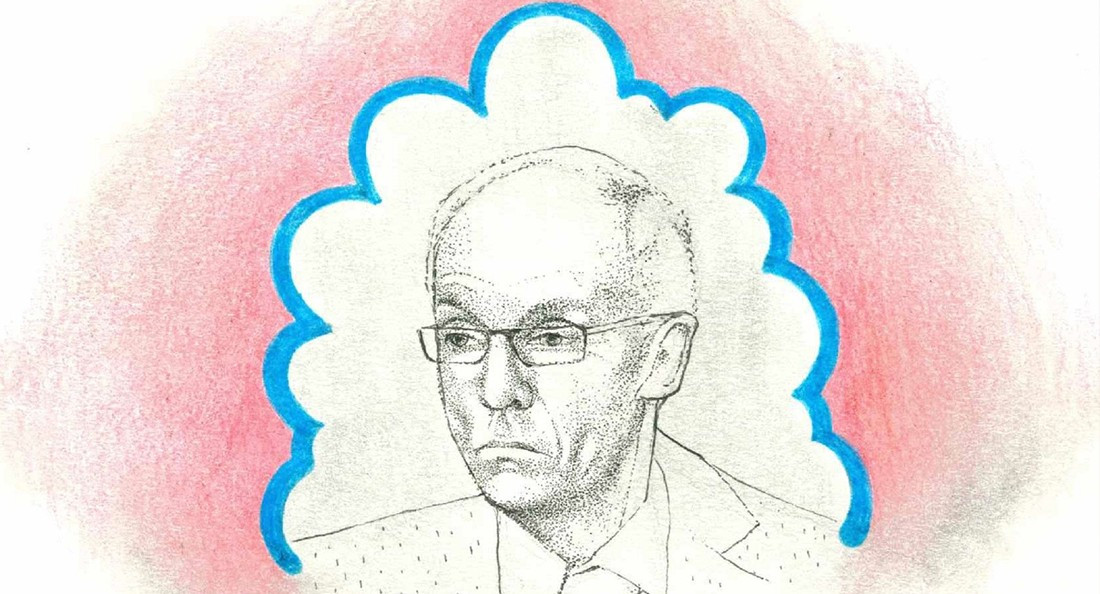NDP leadership race seems to be devolving
Is Steve Ashton’s campaign self-sabotage, or an attempt to harm the party?
The Manitoba New Democratic Party will elect a new leader on Sept. 16.
The contest is between long-time leadership hopeful Steve Ashton and political newcomer Wab Kinew.
Although Kinew is fresh to politics as a first-time MLA, he is a well-known Canadian personality as a rapper, broadcast journalist and former University of Winnipeg Vice-President for Indigenous Affairs.
Kinew gave up what was to be a gig hosting Canada Reads 2016, a national CBC television program centred on literacy, for the chance to prevent then-Liberal Leader Rana Bokhari from securing the Fort Rouge seat in the Manitoba Legislature.
The same election that landed Kinew in the Legislative Assembly also resulted in Ashton losing Thompson, a riding he held since 1981.
Despite not having a constituency to call his own, Ashton has once again entered the race for party leadership.
Ashton ran for NDP leadership during the last cycle in 2015, coming in last place behind Theresa Oswald and the incumbent Greg Selinger.
Things don’t look any better for Ashton this time around.
So far, Kinew has received 588 preliminary delegate and youth votes to Ashton’s 339. Kinew only requires 105 more delegate votes to win party leadership, which he is expected to receive, given that he has won the Manitoba Federation of Labour’s unanimous endorsement.
Labour unions will send 285 delegates to the leadership convention.
Even in the face of an impending loss, Ashton’s campaign continues to play unsavory politics.
An “anonymous” email leaked court documents regarding charges against Kinew that were ultimately stayed. It was later revealed that the documents were ordered by Maples MLA Mohinder Saran, who was suspended from the NDP caucus in December over sexual harassment allegations and is actively working on the Ashton campaign.
Whether Saran acted with or without Ashton’s blessing, it’s not good campaign optics.
More recently, Ashton challenged Kinew to release his tax returns.
Kinew obliged, and the documents revealed that he grossed $205,028 in 2016, compared to Ashton’s $187,068. The majority of Kinew’s earnings came by way of employment income and royalties from book sales. A significant portion of Ashton’s income came in the form of severance after failing to secure his once-upon-a-time Thompson riding as an incumbent.
Although the two candidates had relatively similar gross annual incomes in 2016, Ashton is expected to pay $23,158 in taxes, while Kinew should be contributing $62,489.
In short, the tax return findings were not fruitful to the Ashton campaign.
They serve to make Ashton appear a sore loser, like the hockey player who starts a brawl with seconds left in a game when their team is down 3-0.
Considering how far Ashton was trailing behind Kinew at the time court documents were provided to reporters, it seems Ashton’s campaign strategy is less of a last-ditch “Hail Mary” effort than an attempt to drag the NDP down with him.
The most generous interpretation of Ashton’s campaign is that it’s serving to beat the PCs to some negative news about Kinew that the Tories would probably have preferred break next election.
Published in Volume 72, Number 2 of The Uniter (September 14, 2017)







